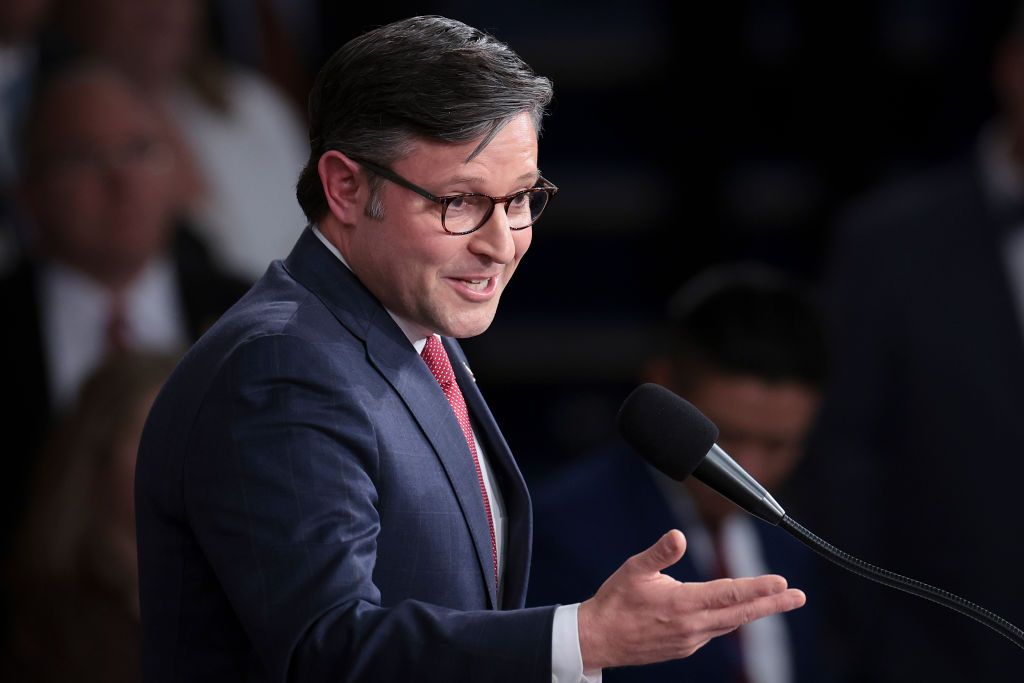Zelensky hosts bipartisan US congressional delegation

President Volodymyr Zelensky met with a bipartisan group of U.S. congressmen in Kyiv on Oct. 30, the President's Office reported.
It included Republican James French Hill and Democrats Michael Quigley and Stephen Lynch.
The visit was "a powerful signal of support for our country and the entire Ukrainian people from the United States," Zelensky's statement read.
"We highly appreciate the fact that the Republican and Democratic parties, the administration of President Joseph Biden, as well as the U.S. Congress, are united in supporting Ukraine," he added.
Nonetheless, continued bipartisan support for Ukraine from Congress is far from certain.
Newly elected Speaker of the House, Republican Mike Johnson, is seen as a skeptic on U.S. aid for Ukraine. In one of his first major actions as speaker, Johnson said on Oct. 29 that he would support a standalone bill that includes defense funding for Israel but not for Ukraine.
U.S. Republican Party's Senate Majority Leader Mitch McConnell has sought to rally members of his party to keep the $61 billion for Ukraine as part of the White House's $105 billion funding package.
Although continued support for Ukraine is still approved by a majority in Congress, there is a significant partisan divide: Democrats are by and large more in favor of supporting Ukraine compared to Republicans.
The gap extends to the electorate as well. A poll released on Sept. 20 by Ukrainian grassroots organization Razom found that 87% of self-reported Democrat respondents articulated their support for the continuation of aid, compared to 48% of Republican respondents.












